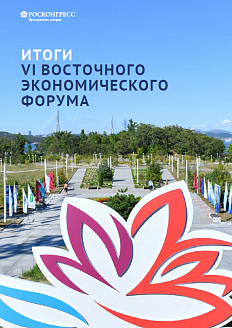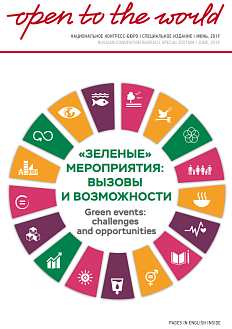Having analyzed existing studies on business events impacts in 15 countries, the Oxford Economics research center developed an econometric model of the relationship between economic data sets and business events industry impacts. Using this model, the experts estimated business events activity in countries where the business events industry had not been previously quantified, and then combined the results of existing studies and modeled relationships to prepare global estimates.
The authors identify three main components of economic impact of business events:
- direct impacts consist of the direct spending and jobs that are involved in planning and producing business events, and for participants to travel to business events, as well as other business events-related spending;
- indirect impacts represent downstream supplier industry impacts, also referred to as supply chain impacts: for example, the money paid to specialized service providers, such as marketing, cleaning, technology support, accounting, and legal and financial services.
- induced impacts occur as employees spend their wages and salaries in the broader economy, for example, as hotel employees spend money on rent, transportation, food and beverages, and entertainment.
The study shows that in 2017, more than 1.5 billion participants attended business events, generating more than $1.07 trillion in direct spending. The top 50 countries accounted for $1.03 trillion of business events direct spending, representing 96% of the global total. The leading regions are North America and Western Europe.
.png)
In the report, economic impacts of business events are expressed in terms of a) economic output, which includes all business sales, b) contribution to GDP (gross domestic product), which is defined as business sales less intermediate inputs, and c) jobs. The findings show that in 2017, business events supported a total global economic impact of: $2.5 trillion of output (represented by business sales; the value for Russia is $17.5 billion), 1.5 trillion of contribution to global GDP ($9.3 billion in Russia), and nearly 26 million jobs (316 thousand in Russia).
.png)






